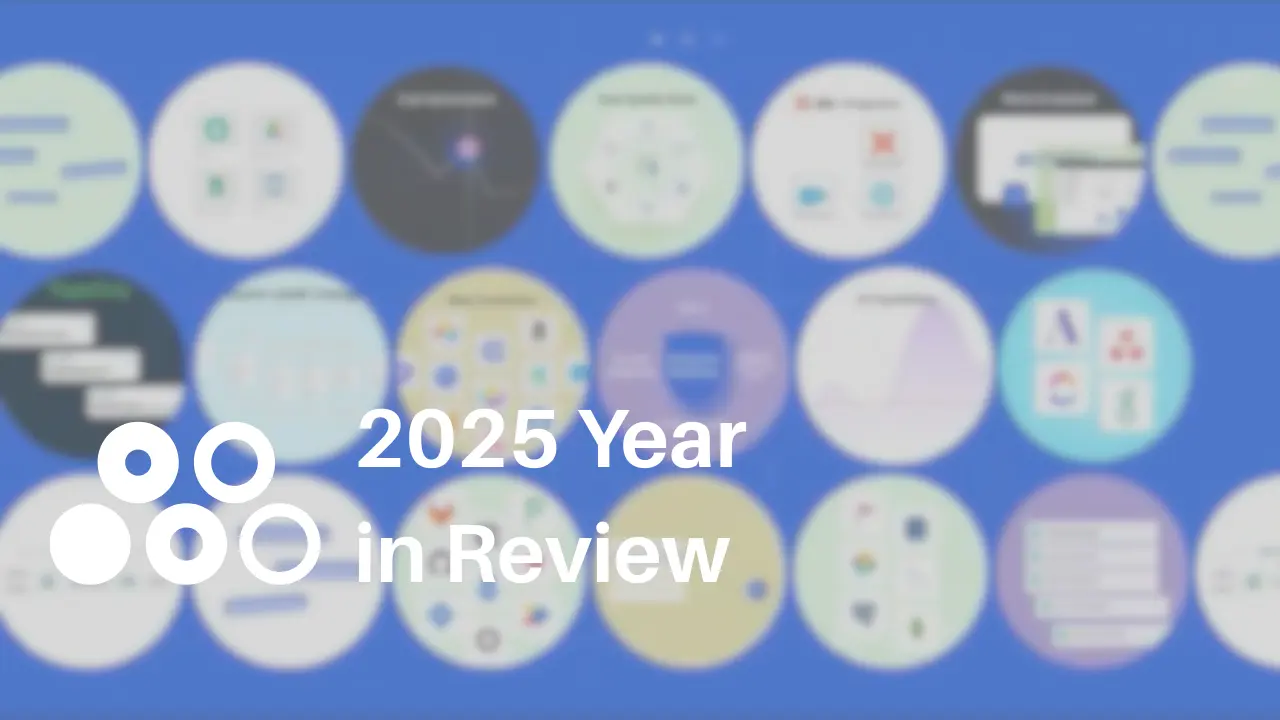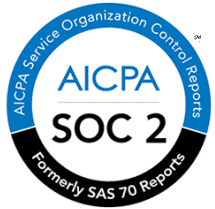September Product Updates: Smarter Governance & Snowflake Wins



We’re back with another round of product wins. In September, we focused on helping teams tighten governance, gain observability, and understand how data is actually used across the business. With new Snowflake warehouse controls, flexible debugging options, richer catalog insights, and new connectors, you now have more ways to optimize costs, improve collaboration, and accelerate adoption.
These updates continue our mission of unifying data ingestion, reverse ETL, data catalog, and data observability into one streamlined platform. Let’s dive in.
Smarter Snowflake Integrations
Per-Integration Warehouse Selection
Managing compute costs in Snowflake just got easier. With the new Snowflake Warehouse Selector, each integration can be routed to its own warehouse for precise cost control and performance isolation, and FinOps precision. Users can configure the target warehouse at the Integration level to align compute with data volume, priority, and schedule.
The result: optimized spend without sacrificing speed.
Configurable Reverse ETL Debugger Retention
For teams under strict compliance requirements, we introduced configurable retention for debugging data in Reverse ETL. Now you can decide exactly how long debugging data is stored, from fully disabled to as little as 7 days. This helps reduce risk, control storage costs, and ensure you only keep what’s necessary.
Reverse ETL Sync Context Variables in Mapping
Troubleshooting and lineage tracing are faster than ever. With Sync Context Variables, metadata such as sync ID, run ID, model name, and timestamps are automatically injected into destination fields. Each record carries its own context without requiring extra pipelines or manual enrichment. This is a big step forward for governance and observability in Reverse ETL.
Stronger Observability & Catalog Workflows
Catalog-to-Action Navigation
Data observability and data catalog are now fully connected. With Catalog-to-Action Navigation, you can instantly view a table’s lineage along with every integration and monitor tied to it. From there, jump directly into the details to resolve issues quickly. This reduces the time spent on root-cause analysis and makes change management safer.
In-Catalog Announcements
Keep everyone aligned with in-catalog announcements. Add context to an asset with author, timestamp, and severity (Information, Issue, or Warning). Optional Slack notifications extend visibility, ensuring stakeholders know exactly what changed and why.
Popularity Scores
Not all tables are created equal. Popularity scores surface the assets that matter most, ranking them by distinct users and query volume over the last 30 days. With visual indicators and trends, your team can prioritize confidently, focusing on data that actually drives decisions.
Query Usage Visibility
Transparency extends to the query level. You can now explore Snowflake queries grouped by SQL text or by user, track average run times, and map queries to the exact tables and owners involved. This helps teams tune performance, establish accountability, and optimize workloads.
New & Enhanced Connectors
We’ve also expanded Matia’s connector library to cover more analytics, customer engagement, and operational tools. These additions make it even easier to unify data across your stack and put it to work across teams
- Webhook – Expanded functionality with unique Incident.io authentication and verification, giving more secure data delivery.
- Greenhouse – Enhanced recruiting and hiring data sync for deeper HR and people analytics.
- Google Cloud Storage – Ingest and export files seamlessly between your warehouse and GCS buckets.
- Kato – Connect data from Kato to enrich analytics and operational workflows.
- TikTok Shop – Capture ecommerce and sales performance data directly from TikTok Shop.
- Notion – Now supports ingestion of Notion table content for more structured workflows.
- Slack – Added support for CSV object syncing, enabling more flexible collaboration.
Wrapping Up
All of these updates are live today. From smarter Snowflake governance to richer catalog insights, we’re making it easier for data teams to trust, understand, and operationalize their data.
Next up: Matia will be hitting the road and heading to HayaData (TLV), Big Data LDN (London) and Coalesce (Las Vegas) in the coming weeks. Make sure to find us and say hello.
If you’d like to see these updates in action, book a demo, we’d love to show you around.
Want to catch up on other product updates?
- June 2025 Product Updates: New APIs, Smarter Alerts, and a Smoother Snowflake Flow
- April 2025 Product Updates: Cron-powered integrations, smarter schema management, and enhanced navigation
- February 2025 Product Updates: Smarter Integrations, Faster Search, and Smoother Workflows


.svg)





.png)









